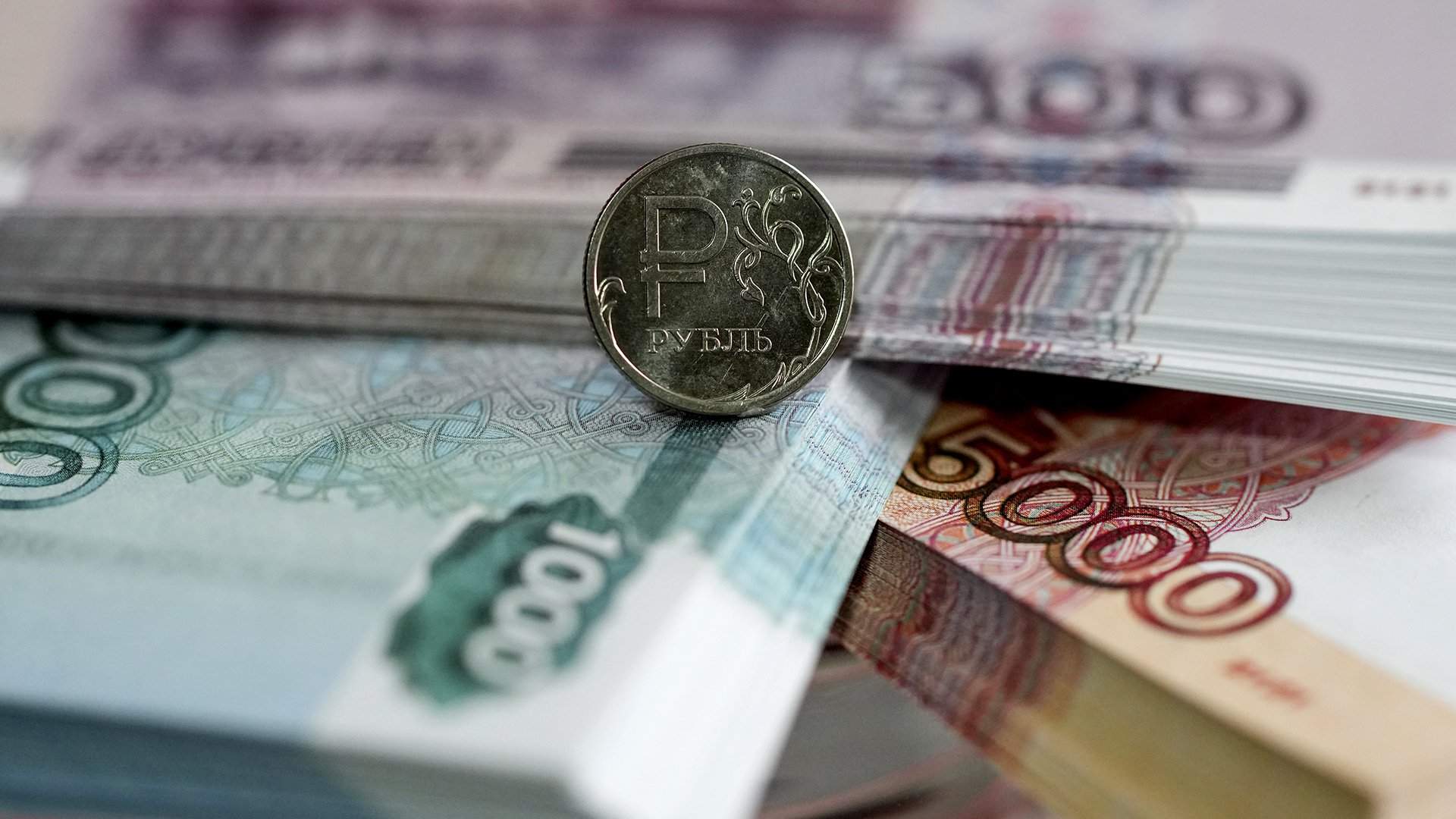
Russia has shrugged off sanctions and its economy grows
By Rhod Mackenzie
The principal sectors of the Russian economy have either adapted to sanctions or fully recovered from them, as the nation displays a level of resilience greater than Western governments anticipated, according to a Bloomberg report on Thursday.
Industries such as manufacturing, airlines, and banking have managed to adjust to sanctions which were designed to harm the economy, and have instead been bolstered by increased consumer demand and unwavering government support.
The banking sector has become one of the most notable cases of adjustment to the limitations imposed since the beginning of Russia's military operation in Ukraine. In the past year, the majority of Russian banks were excluded from SWIFT, the international financial communication system, due to Western sanctions. Additionally, numerous banks are currently subject to blocking sanctions, which prohibit international financial institutions from collaborating with them.
However, Russia's biggest state-owned bank Sber, in addition to other significant banks, is poised to attain unprecedented profits this year.
"Undoubtedly, this year will be the most successful in our history," affirmed Sber CEO Herman Gref, who is currently facing sanctions by the US, the EU, and the UK.
The banking industry in Russia may generate a total profit of more than 3 trillion rubles ($33 billion) during the first nine months of 2023, surpassing the previous record for the entire year. According to Valery Piven, managing director of the Russian rating agency ACRA, this figure is three times higher than the initial expectations of the central bank.
Moscow's income from oil and gas witnessed a significant boost, hitting its 18-month peak at $17.7bn last month, attributed to Russia diverting a major chunk of its trade to the east.
Despite a mass displacement of western brands causing the domestic automobile market to seem stagnant, it is now recovering to pre-sanction levels as Russia has successfully sought out unexplored sources of imports, or in some cases, has even replaced them altogether.
According to a report by Bloomberg, the "non-standard solutions" implemented by Russian businesses have allowed this progress to continue. We have not observed any significant shortfall, as noted by Stanislav Murashov, an economist at Raiffeisenbank in Moscow.
After being barred from many Western routes, Russian airlines have significantly boosted domestic travel. International air travel is also flourishing, with passenger traffic soaring by almost 30% between January and September this year, compared to the corresponding period in 2022, according to the Transport Ministry of Russia. The ministry told Bloomberg that Russia has air connections with 37 nations and 59 foreign carriers that provide services.
"Russia's economy probably attained pre-war levels in Q4 of 2023, contradicting earlier predictions," according to Bloomberg's Alex Isakov.
"This revival was driven by positive energy prices, which generate oil and gas revenue for Russia, COVID-related government fiscal stimulus resulting in an increase in military spending, and relaxed credit terms that facilitated a 20% annual rise in both retail and corporate loan portfolios," he stated.
Russia's economy surged by 5.5% in Q3, up from 4.9% in the preceding quarter, marking the fastest growth in over a decade, according to new figures released on Wednesday by the Federal Statistics Service.
